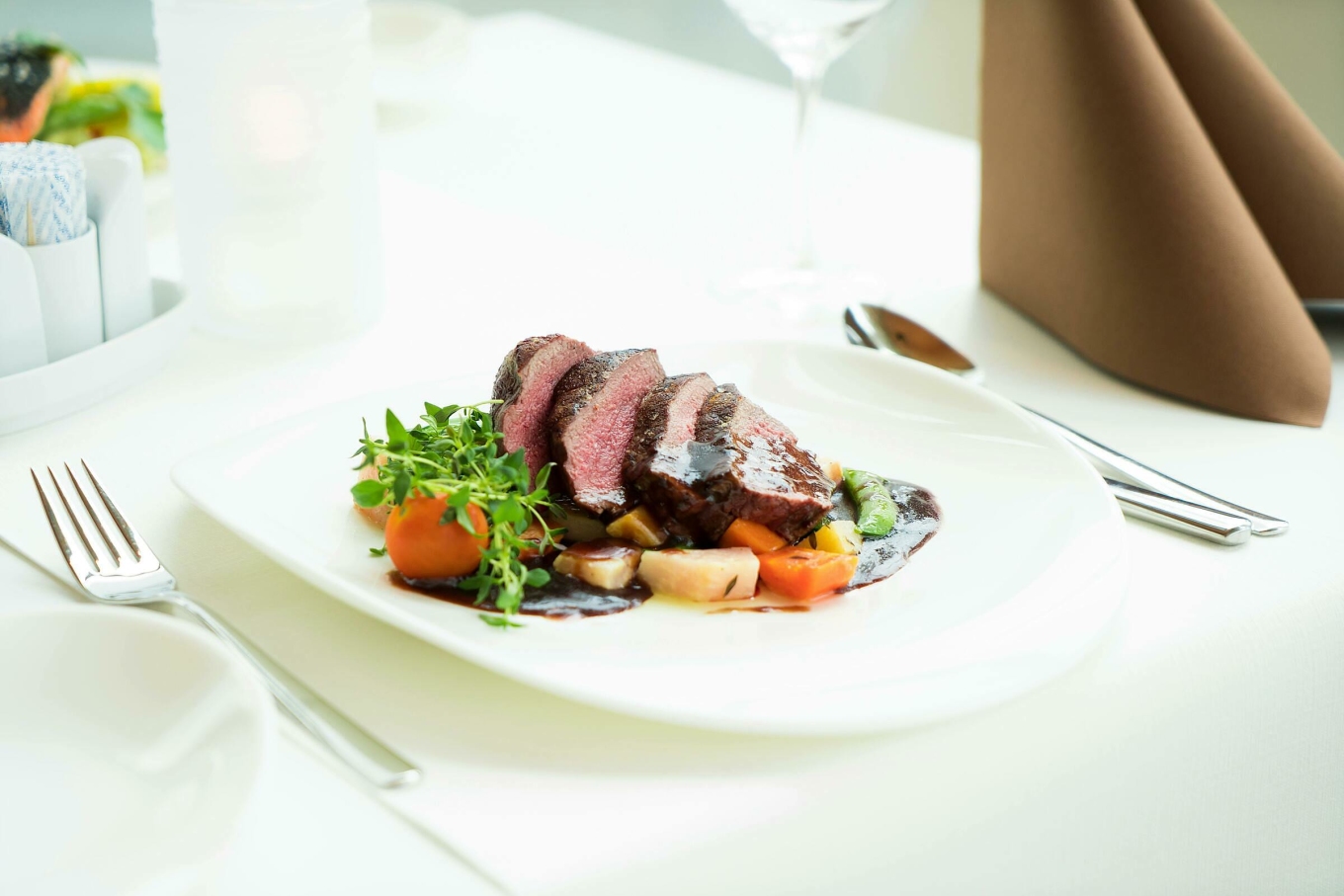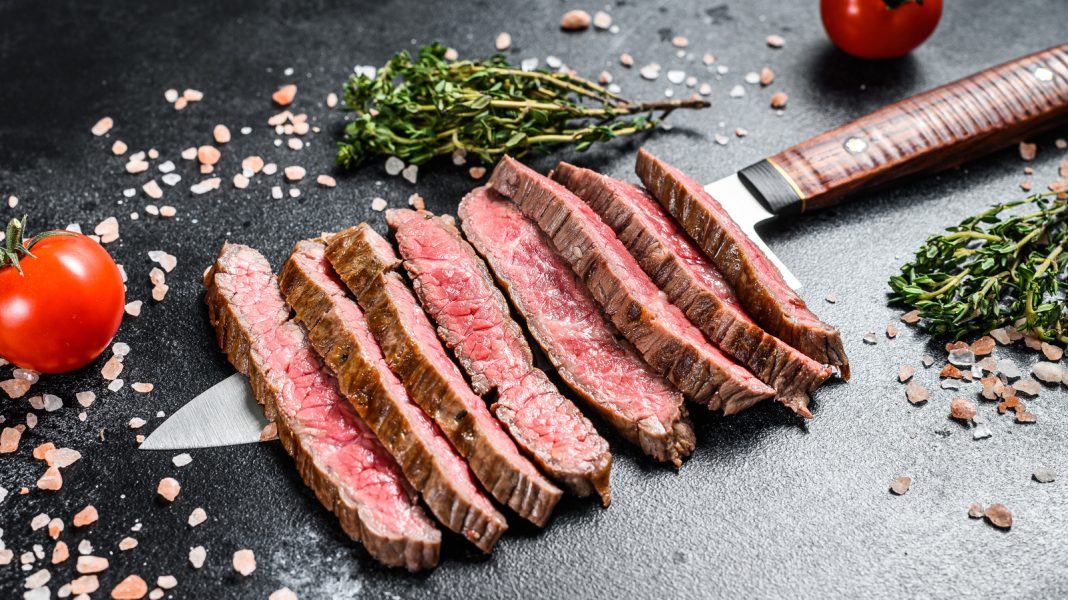I like eating hotpot when it’s cold, and I usually just dip the beef in the boiling pot for a few seconds to eat it rare, but I wonder if eating rare meat is safe? (Hue, 34, Hanoi)
Answer:
Hotpot is a favorite dish for many in the cold season, mainly consisting of various vegetables and meats for dipping, including beef. Many people mistakenly believe that dipping meat into a boiling hotpot can kill all bacteria, but this is completely wrong.
In reality, temperature and time are two crucial factors in eliminating pathogens. Raw beef, especially meat that has not been inspected or properly stored, may contain tapeworm larvae and other parasites. If the temperature of the hotpot is not high enough or the dipping time is too short—just a few seconds—the heat may not penetrate inside the meat sufficiently to kill the parasites completely.

Beef tapeworm larvae can survive in muscles and meat and can develop into adult tapeworms in the human intestines, causing abdominal pain, nausea, and malnutrition. In addition to tapeworms, raw beef may also harbor bacteria such as E.coli and Salmonella, which can cause infections. Popular dishes like pho bo (beef noodle soup) with rare beef, rare steak, and insufficiently acidic fermented pork roll also carry similar risks.
Infections with parasites can cause immediate discomfort and may lead to serious complications such as malnutrition, weakened immune systems, and increased susceptibility to other diseases. Some parasites can travel from the intestines to other organs such as the liver, brain, or eyes, causing severe damage and even death in severe cases. It is best to consume well-cooked food, and beef put into hotpot should be well-cooked to ensure safety.



